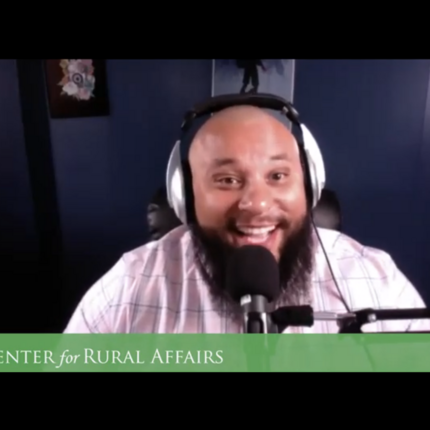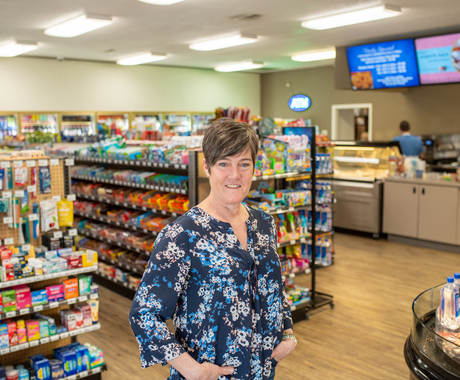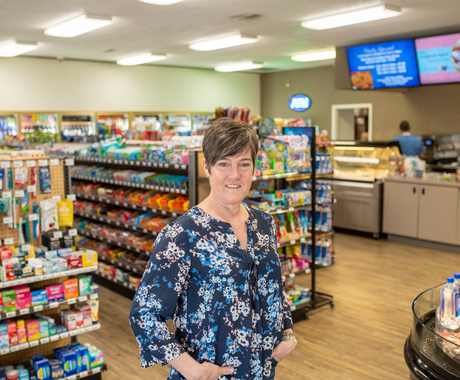By Jordan Feyerherm, former staff member
To say that we live in a challenging time is quite the understatement. For the past several months, almost everyone’s “normal” has been upended. Many of us are spending much more time at home than we ever have before. However, for people of color in this country, the spectra of widespread, systemic, and institutionalized racism remains a steadfast constant. This fact, while unforgettable to people of color, was thrust into the national spotlight after yet another extrajudicial murder incited protests around the country.
While these injustices are plain for the world to see, too many people view this struggle as being somehow distant or otherwise detached from their own reality. For some, these protests were the first time the struggle for justice faced by people of color was made visible, not just on the news, but in their own streets. Many individuals who are detached from these realities did not know how to respond. Some wanted to help, some had questions, others did not know what to do, but wanted to listen. This dynamic is especially true in rural parts of our country, like the rural areas of Nebraska, where many would be inclined to say these are things that happen elsewhere, “not in our town,” something that is confined to large cities.
For these reasons, Gladys Godinez, community organizer with the Center for Rural Affairs, set up an online discussion that she felt needed to happen. A forum for rural people to hear about “The Black Experience in Rural Nebraska.” In this webinar, two guest panelists, Dr. Beverly Clark, dean of academic education at Central Community College, and Christopher Cox, football coach at Lexington Public School, came together with Gladys to engage in this discussion. Click here to view a recording, or watch below.
The main focus of this talk centered around common questions you may have seen online, in the news, or have even heard around the dinner table. Questions like: What do our speakers think of law enforcement? Why are looting and rioting occurring? How are “historical” monuments relevant in the Black Lives Matter conversation? How can white Americans help in the Black Lives Matter movement?
At times, in rural areas we may feel like we don’t have the opportunities to meet people who don’t look like us. However, in this virtual age we can use technology to come together to learn, and talk about the experiences of individuals whose identities are different from our own. These virtual conversations allow us to meet and learn from our neighbors (even learning that our neighbors are not as homogenous as we may have thought). It is important to recognize that these conversations are the lived experiences of individuals and should not be taken to represent a single experience for all, but rather serve as a stepping stone into a nuanced and challenging conversation around race and identity in America.
This webinar was the first in a series of similar conversations the Center for Rural Affairs will be hosting throughout the summer and beyond. Future webinar topics include:
- Black Experience in Rural Nebraska Part 2: Aug. 12, 11 a.m. to 12:30 p.m.
- Mental Health and Race in Rural Nebraska: Sept. 9, 11 a.m. to 12:30 p.m.
- Native Americans’ Experience in Rural Nebraska: TBD
- Latinx in Rural Nebraska: TBD




